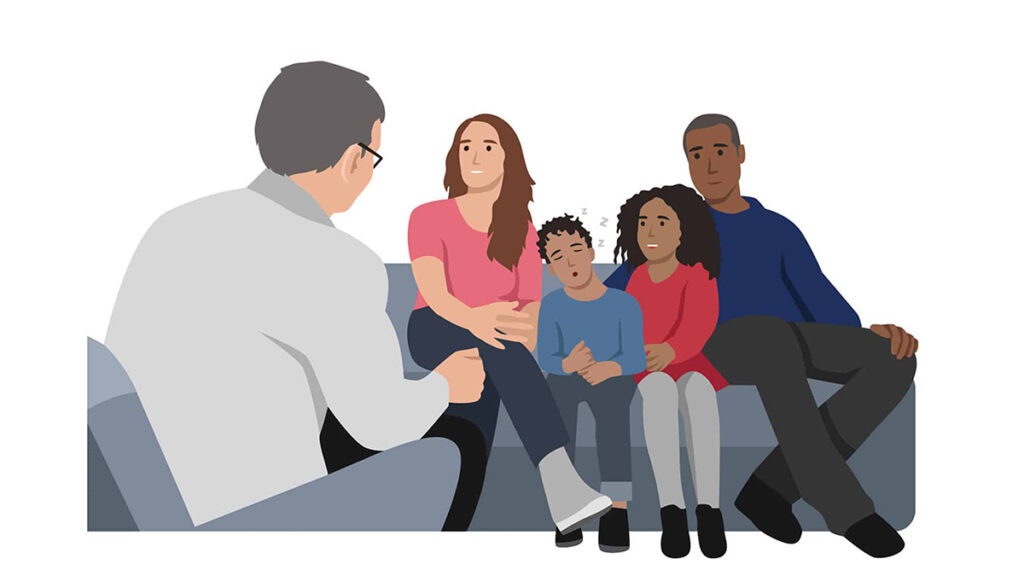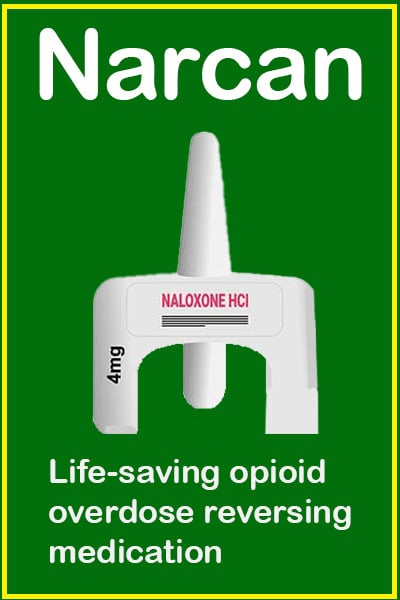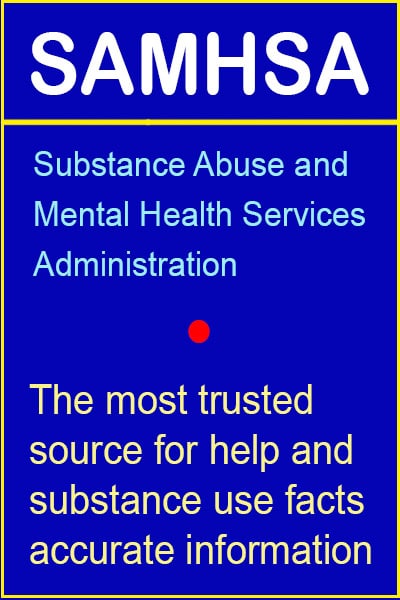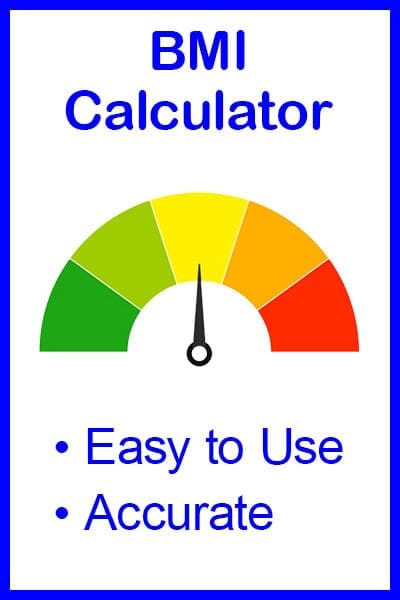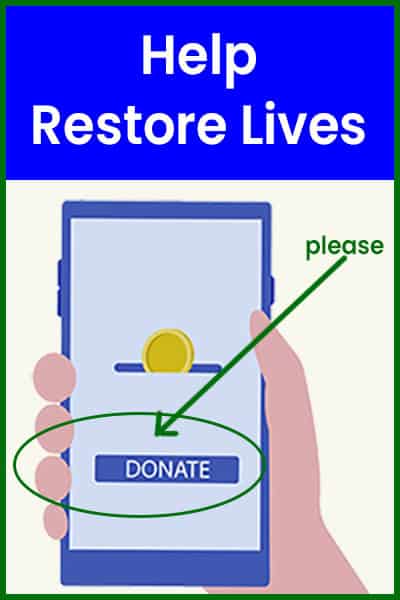Help For Families With An Opioid Problem
Navigating opioid dependency within the family
The opioid crisis has touched countless lives, leaving families searching for ways to support loved ones trapped in the cycle of dependency. Understanding, compassion, and practical guidance are the cornerstones of navigating this challenging journey together. Opioid dependency is a complex condition influenced by both biological and psychological factors. Dispelling myths and understanding the reality of addiction is the first step towards healing. Recognizing the signs of opioid dependency is crucial for early intervention.
The journey through opioid dependency is fraught with challenges, not only for the individual grappling with addiction but also for their loved ones.
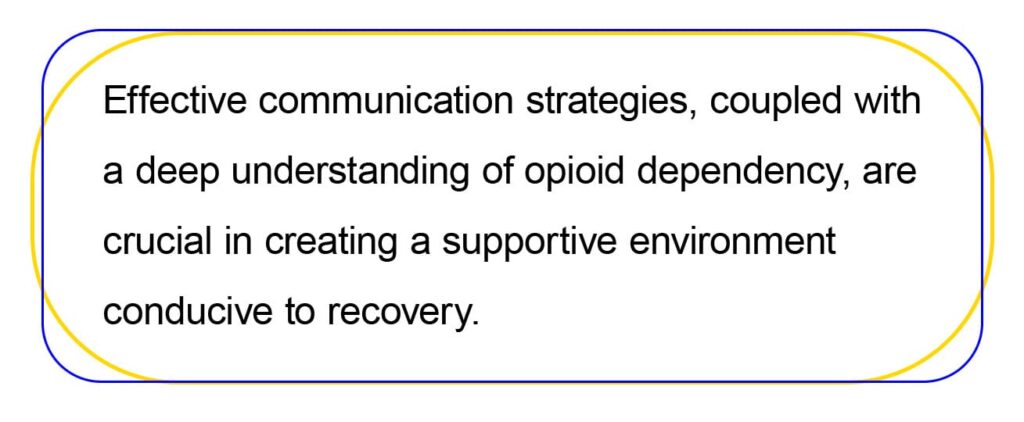
Understanding Opioid Dependency
Opioid dependency is a complex condition characterized by a physical and psychological need for opioids, a class of drugs that includes both prescription pain relievers and illegal substances like heroin. Addiction is marked by compulsive drug seeking and use, despite harmful consequences.
- Biological and Psychological Factors: Addiction can stem from a combination of genetic predisposition, brain chemistry imbalances, and environmental influences, including trauma and stress.
- Myths vs. Facts: Common myths, such as addiction being a moral failing or a choice, hinder understanding and support. The fact is, addiction is a chronic disease, like diabetes or heart disease, requiring comprehensive treatment and support.
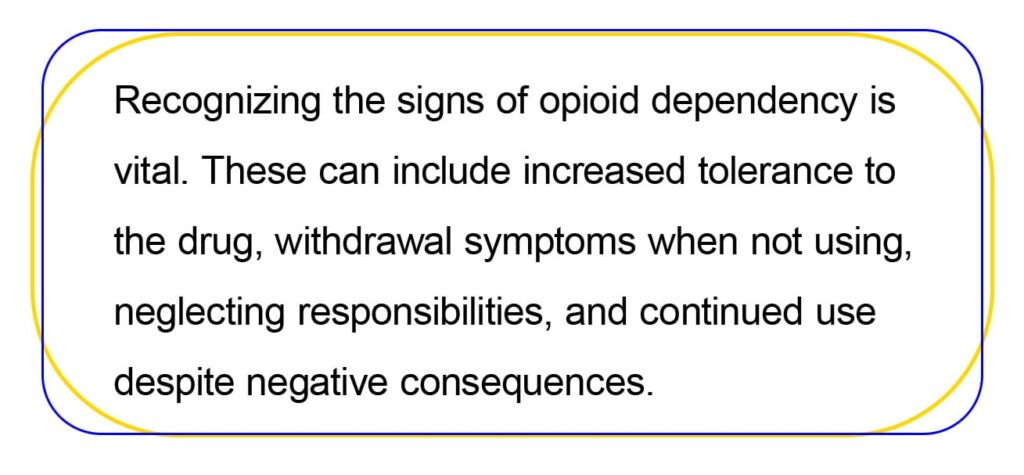
Impact on the Family
Opioid dependency reshapes family dynamics, often leading to emotional strain and changes in relationships. Understanding codependency and enabling behaviors is essential for maintaining a healthy environment for all family members. It’s essential to delve into the multifaceted ways in which this crisis can alter the fabric of family life. The opioid epidemic has been a pervasive issue, affecting individuals and families across various socio-economic backgrounds. Here’s an in-depth look at how opioid dependency impacts families:
Emotional Toll
The emotional burden on families is immense. Watching a loved one struggle with addiction can evoke a range of emotions, from fear and sadness to anger and despair. These feelings can be overwhelming, leading to mental health issues such as anxiety and depression among family members. The constant worry about the safety and well-being of the addicted individual can cast a shadow over daily life, affecting happiness and peace of mind.
Physical and Mental Health
The stress associated with dealing with a family member’s addiction can have tangible effects on physical health, including increased risks of heart disease, high blood pressure, and other stress-related conditions. The mental health of family members can also deteriorate, leading to issues such as depression, anxiety, and in some cases, substance use as a form of coping mechanism.
Financial Strain
Opioid addiction often leads to significant financial strain on families. The costs associated with treatment and rehabilitation can be substantial, and many families find themselves depleting savings or incurring debt. Additionally, if the addicted individual is unable to work due to their addiction, the loss of income can further exacerbate financial pressures.
Social and Relationship Dynamics
The stigma associated with addiction can lead to social isolation for both the individual and their family members. Relationships within the family can become strained, with trust eroded by the behaviors that often accompany addiction, such as lying or stealing. Marriages and partnerships may be particularly stressed, sometimes resulting in separation or divorce.
Impact on Children
Children in families affected by opioid dependency are particularly vulnerable. They may experience neglect or abuse, emotional distress, and can be at higher risk for developing substance use disorders themselves. The instability and chaos that often accompany addiction can lead to long-term psychological and emotional issues for children.
Coping Mechanisms
Families develop various coping mechanisms to deal with the challenges posed by opioid dependency. Some may adopt unhealthy behaviors, such as denial or enabling, which can prolong the cycle of addiction. Others may seek support through therapy, support groups, or by educating themselves about addiction and recovery processes.
Support Systems
The importance of external support systems cannot be overstressed. Support groups specifically for families of those with substance use disorders, such as Nar-Anon, can provide a sense of community and understanding. Professional counseling can also help families navigate the complex emotions and situations that arise from dealing with addiction.
In conclusion, opioid dependency not only affects the individual struggling with addiction but has a profound and far-reaching impact on their family. The journey towards recovery is often long and fraught with challenges, but with the right support and resources, families can navigate this difficult path. Understanding the breadth of the impact can help families seek the appropriate help and support needed to heal and move forward together.
Communication Strategies
By embracing effective communication strategies and fostering an understanding of opioid dependency, families can create a supportive network that encourages healing and recovery. It’s a journey that requires patience, empathy, and unconditional support, but with the right approach, recovery is within reach.
Opening Up a Dialogue
Initiating conversations about opioid addiction requires sensitivity and care. Choose a time and place free from distractions and stress, ensuring the atmosphere is conducive to open, honest dialogue. Approach the subject with concern rather than accusation, focusing on the observed behaviors and expressing worry about the individual’s health and well-being.
- Opening a dialogue about addiction requires empathy, active listening, and setting clear boundaries. It’s about supporting without blame and focusing on solutions rather than problems.
Listening and Expressing Empathy
Listening is as important as speaking. Allow the affected family member to share their feelings and experiences without interruption. Express empathy by acknowledging their struggles and validating their feelings. This empathetic approach fosters trust and demonstrates that they are not alone in their journey.
Avoiding Blame and Focus on Support
Blame is counterproductive in conversations about addiction. It’s crucial to separate the person from their behavior, focusing on the issue at hand without making personal attacks. Emphasize support and solutions, such as seeking professional help, joining support groups, and exploring treatment options together.
Recovery
A range of treatment options exists, from detoxification and medication-assisted treatment to counseling and support groups. Choosing the right path depends on the individual’s needs, and navigating insurance and financial considerations is part of this process. Family therapy can also play a significant role in recovery.
Recovery is a long-term journey with potential setbacks. Family support is vital, as is self-care for family members themselves. Understanding how to cope with relapses and maintaining hope are crucial elements of support.
More Resources
SAMHSA
offers a wealth of resources, including a national helpline (1-800-662-HELP) which is a free, confidential, 24/7 service offering treatment referral and information to individuals and families facing mental and/or substance use disorders.
National Center on Substance Abuse and Child Welfare
“Families Affected By Opioids.”
Centers for Disease Control and Prevention (CDC)
Their website is an excellent starting point for families seeking information on prevention, treatment, and support for opioid use disorder.
Family Doctor Website
Sponsored by the American Academy of Family Physicians, emphasizes the importance of supporting a family member with an opioid addiction with love and understanding, avoiding blame, and encouraging them to seek help.
American Psychiatric Association
Resources for families and significant others affected by opioid addiction – Loved ones can benefit from treatment that supports their own well-being.
Mayo Clinic
How to tell if a loved one is abusing opioids.
Nar-Anon Family Support Group
A 12-Step Program for Family & Friends of Addicts

